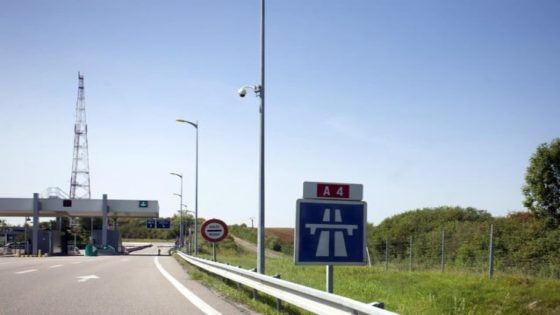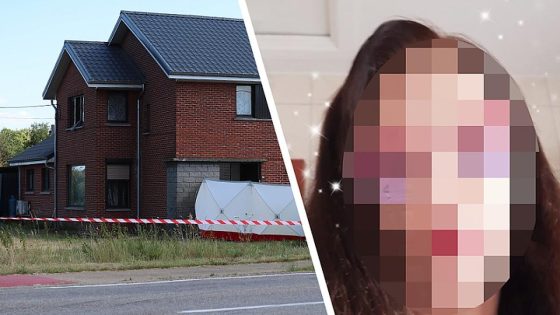The return of Imam Toujgani to Belgium has sparked intense debate across the country. After being ordered to leave in 2021 due to concerns about radicalism, Toujgani’s recent arrival on 2025-06-19 20:27:00 has reignited discussions about national security and citizenship laws. His case highlights the complexities surrounding the granting of Belgian nationality and the role of judicial decisions in immigration matters.
- Imam Toujgani kreeg bevel België te verlaten
- Tougani verkreeg Belgische nationaliteit via rechter
- Staatsveiligheid gebruikte verouderde informatie rapport
- Vlaams Belang uit kritiek op terugkeer
- MR wijst taalachterstand Toujgani aan
- Regering wil nationaliteitseisen verstrengen binnenkort
Toujgani, once the head imam at Al Khalil mosque in Molenbeek, has now legally returned after obtaining Belgian citizenship. This development comes despite strong opposition from political parties like Vlaams Belang and MR, who question the decision based on security reports and language requirements. What does this mean for Belgium’s approach to naturalisation and public safety? The controversy raises pressing questions about balancing rights and security.
How should Belgium navigate such sensitive cases where security concerns clash with legal rights? The Toujgani case underscores the need to evaluate current policies carefully. Key points include:
- The judiciary ultimately granted citizenship despite initial security objections.
- Political parties demand tougher nationality requirements, including language proficiency.
- Authorities pledge ongoing vigilance against extremism linked to naturalisation.
- The case highlights tensions between legal frameworks and public opinion on integration.
Looking ahead, will Belgium tighten nationality rules to prevent similar controversies? Citizens and lawmakers alike should stay informed and engaged to ensure that future decisions align with both security and the country’s democratic values.

































